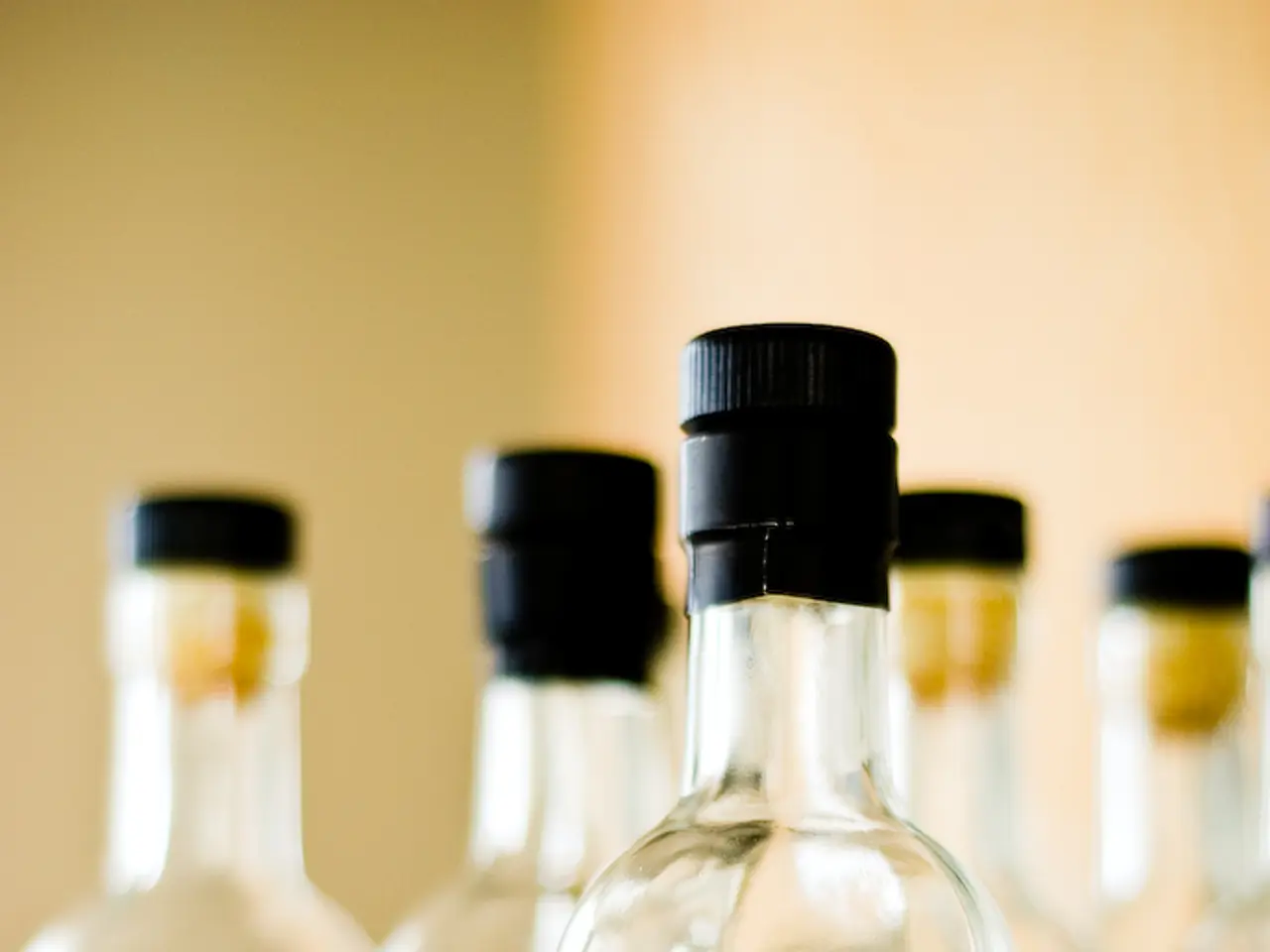Techniques for Coping with Stress in Alcohol Rehabilitation
Holistic stress management has emerged as an effective approach in improving outcomes for individuals undergoing alcohol treatment. This approach focuses on addressing the whole person—body, mind, and spirit—rather than solely concentrating on substance use.
Mindfulness and Meditation
Mindfulness and meditation techniques are integral to holistic stress management. These practices help lower cortisol levels (the stress hormone), improve concentration, reduce cravings, and increase emotional control. By becoming more aware of triggers, patients can manage emotional overwhelm without relapsing [1][3][4].
Physical Activities
Physical activities, such as yoga, breathwork, and gentle movement exercises, play a significant role in managing stress during alcohol treatment. These activities aid in relieving physical and emotional stress and rebuild a healthy mind-body connection. Exercise contributes to mental benefits that support addiction recovery [1][2].
Nutrition and Lifestyle Balance
Proper nutrition and a balanced lifestyle are crucial in stress reduction and recovery. Planning meals and nutritional coaching help restore physical wellbeing, often compromised during recovery, while supporting overall balance and resilience [1][4].
Integrated Care
Holistic treatment programs often combine medical care, therapy, group support, and holistic practices, creating personalized plans that target underlying causes of addiction and stress, fostering long-term coping skills [3].
Emotional Resilience and Self-Awareness
Holistic therapy helps reduce anxiety and depression often accompanying addiction. It promotes mental clarity, emotional balance, and a sense of purpose [4].
Relaxation Techniques
Relaxation techniques like Progressive Muscle Relaxation and Deep Breathing Exercises help reduce anxiety and promote a sense of calmness during alcohol treatment, contributing to long-term mental well-being and resilience against triggers that may lead to alcohol relapse.
Herbal Remedies and Supplements
Herbal remedies and supplements, such as valerian root, chamomile, ashwagandha, lavender, magnesium, vitamin B complex, and omega-3 fatty acids, can aid in stress relief and support overall well-being [5].
Communication Strategies
Effective communication strategies involve open and honest dialogue with loved ones, therapists, or support groups to express feelings, fears, and progress. This fosters understanding, reduces feelings of isolation, and strengthens relationships [6].
Incorporating these holistic stress management techniques into alcohol treatment programs can help individuals manage stress effectively, develop healthier coping mechanisms, and ultimately, enhance their recovery journey. While stress may not vanish immediately, consistent holistic self-care creates sustainable improvements in mental and physical health that reinforce recovery outcomes [1][3].
[1] National Institute on Drug Abuse. (2018). Principles of Drug Addiction Treatment: A Research-Based Guide. Retrieved from https://www.drugabuse.gov/publications/principles-drug-addiction-treatment-research-based-guide/evidence-based-approaches-to-drug-addiction-treatment
[2] Substance Abuse and Mental Health Services Administration. (2015). Behavioral Health Treatment Services Locator. Retrieved from https://findtreatment.samhsa.gov/
[3] National Center on Addiction and Substance Abuse. (2016). Comprehensive Addiction and Recovery Act. Retrieved from https://www.ncasamh.org/newsroom/press-releases/2016/comprehensive-addiction-and-recovery-act-caras-becomes-law
[4] American Psychological Association. (2017). Mindfulness. Retrieved from https://www.apa.org/topics/mindfulness
[5] National Center for Complementary and Integrative Health. (2017). Herbs at a Glance: Valerian. Retrieved from https://www.nccih.nih.gov/health/valerian-at-a-glance
[6] National Institute on Alcohol Abuse and Alcoholism. (2017). Alcohol Treatment: Know What to Ask. Retrieved from https://www.niaaa.nih.gov/publications/brochures-and-fact-sheets/alcohol-treatment-know-what-to-ask
Science has emphasised the importance of mental health in holistic stress management for individuals undergoing alcohol treatment, incorporating techniques like mindfulness, meditation, and relaxation exercises to improve mental clarity, emotional balance, and reduce stress levels. Proper nutrition and a balanced lifestyle, as well as herbal remedies and supplements, also contribute to sustainable improvements in mental and physical health that support addiction recovery. Additionally, holistic therapy aids in promoting emotional resilience and self-awareness, essential components for fostering long-term coping skills and enhancing the recovery journey.




